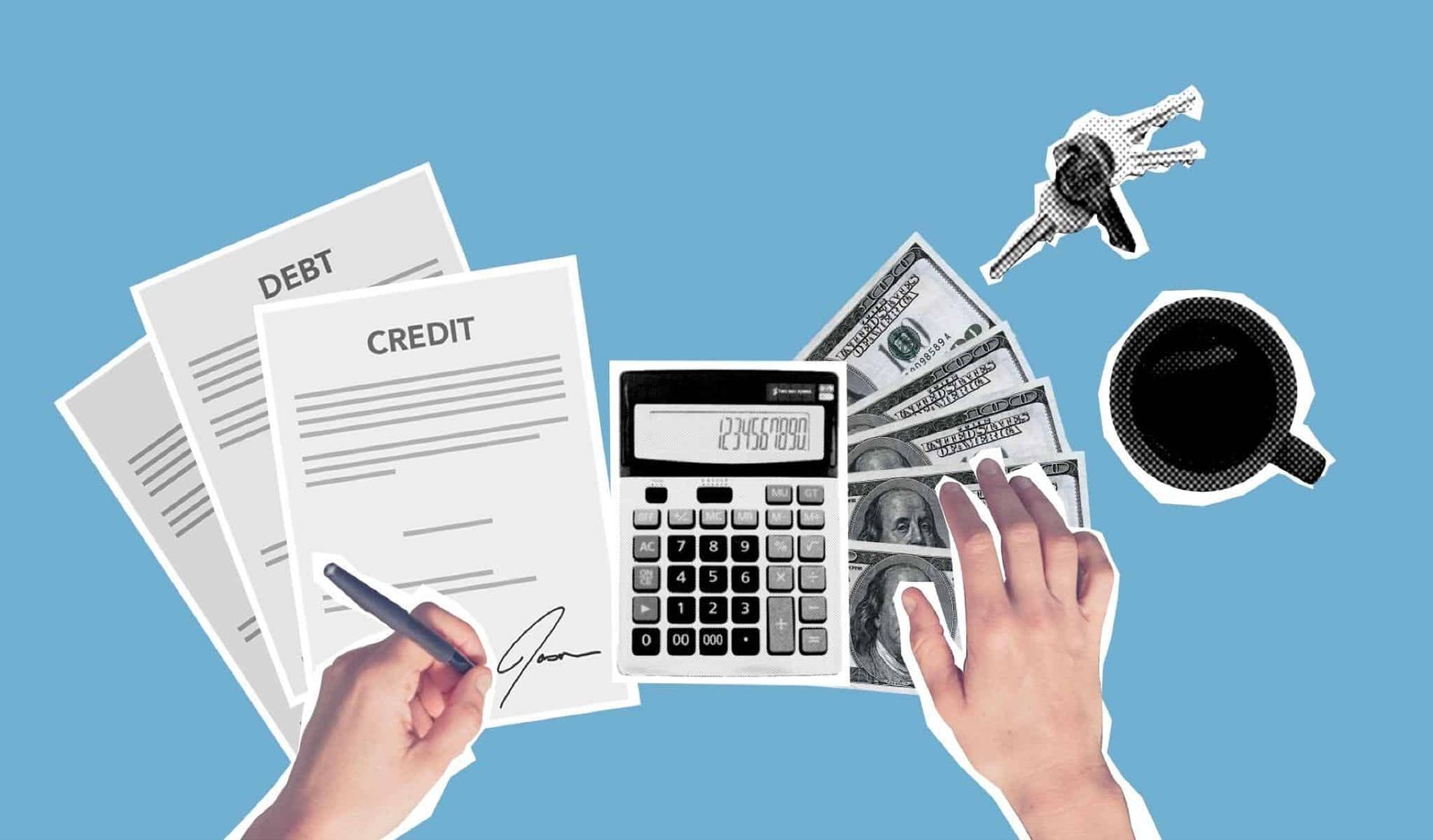Having a good credit score is important as it can affect various aspects of your life, including your ability to obtain loans, insurance, and even rent a property or get a job. Unfortunately, having bad credit can have significant financial consequences, including higher costs compared to those with good credit. In this article, we’ll take a closer look at the higher costs associated with bad credit and how it can impact your financial future.
What is Bad Credit?
To begin, it’s important to understand what we mean by “bad credit.” Essentially, your credit score is a numerical representation of your creditworthiness based on your credit history. The three primary credit bureaus – Equifax, Experian, and TransUnion – calculate your credit score using various factors, such as your payment history, credit utilization, length of credit history, and types of credit accounts.
A credit score of 300 to 579 is considered “very poor,” while a score of 580 to 669 is “fair.” Scores between 670 and 739 are “good,” and scores between 740 and 799 are “very good.” Finally, a score of 800 or above is “exceptional.”
The Higher Costs for People with Bad Credit
Higher Interest Rates on Loans
Individuals with bad credit may find themselves paying considerably higher interest rates on loans. This is because lenders perceive those with bad credit as riskier borrowers and therefore charge higher interest rates to offset the risk. Over the lifespan of a loan, this could result in thousands of dollars in additional interest payments.
Higher Insurance Premiums
The cost of insurance premiums can also be influenced by your credit score. Insurance companies utilize credit scores as one of the criteria to determine risk, and as discussed above, individuals with lower credit scores are deemed as higher risk. Consequently, people with bad credit might end up paying more for various insurance types, such as car insurance and homeowners insurance.
Higher Security Deposits
Landlords and utility companies may also require higher security deposits from people with bad credit. This is because they view people with bad credit as more prone to defaulting on payments. This can mean paying hundreds of dollars more upfront for a security deposit when renting an apartment or setting up utilities.
Limited Access to Credit
If you have bad credit, you may also have limited access to credit. This can mean being denied credit cards, personal loans, or other types of credit. It can also mean being offered credit with higher interest rates and fees than someone with good credit. This can make it more challenging to build credit and improve your financial situation over time.
Difficulty Getting Approved for Loans
Finally, people with bad credit may also have difficulty getting approved for loans. Lenders may view them as a higher risk of defaulting on payments, so they may require higher credit scores or more stringent requirements to approve a loan. This can make it challenging to access the funds needed for large purchases like a home or a car.
How to Improve Your Credit Score
If you have bad credit, there are steps you can take to improve your credit score and avoid these higher costs. These steps include:
Paying Your Bills on Time
One of the most important factors in your credit score is your payment history. Make sure to pay all your bills on time, including credit card payments, utility bills, and other loans.
Reducing Your Debt
Another key factor in your credit score is your credit utilization, which is the amount of credit you’re using compared to your credit limit. Aim to keep your credit utilization below 30% and pay down any debts you have to improve your credit score.
Checking Your Credit Report
Regularly checking your credit report can help you identify errors that may be negatively impacting your credit score. Hiring a credit restoration business can provide you with peace of mind. Knowing that you have a professional working to improve your credit score can alleviate stress and anxiety.


